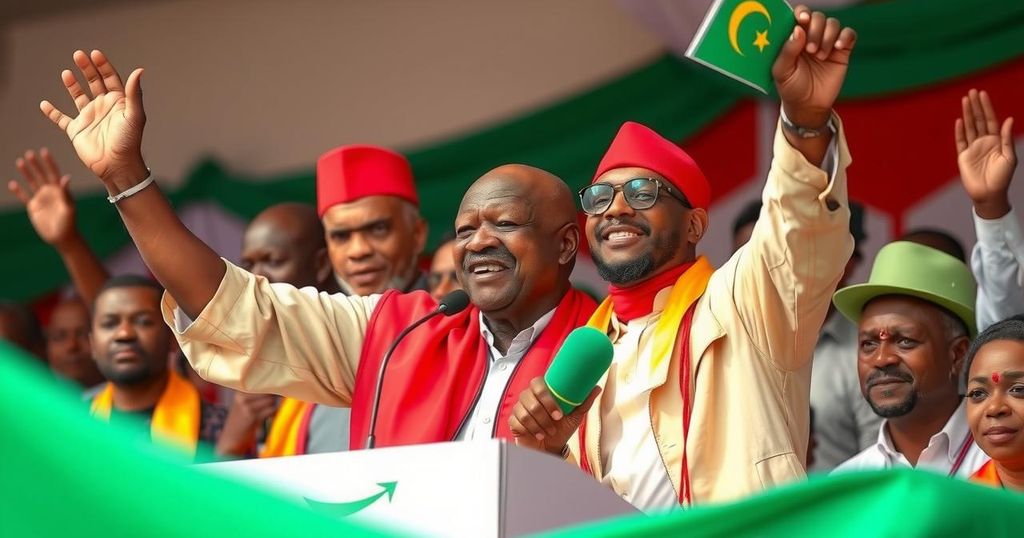Chad’s Ruling Party Achieves Majority in Historic Parliamentary Election

Chad’s ruling Patriotic Salvation Movement won a majority in parliamentary elections, taking 124 of 188 seats amid a boycott by opposition parties. Voter turnout was 51.5%. This election is the final step of Chad’s transition to democracy following Mahamat Idriss Deby’s military rise in 2021. Deby stated the election would initiate an era of decentralisation for broader local governance.
Chad’s ruling party, the Patriotic Salvation Movement (MPS), secured a decisive victory in last month’s parliamentary elections, garnering 124 out of 188 seats. This election, marking the first parliamentary vote in over ten years, faced a significant boycott by over ten opposition parties, including the prominent Transformers party, led by Succes Masra. Voter turnout stood at 51.5%, with the election being a critical step in Chad’s transition to democracy, following the military ascent of Mahamat Idriss Deby amid a backdrop of significant security challenges. Deby proclaimed that the election would facilitate ‘an era of decentralisation,’ aiming to distribute power to localities across the nation.
Chad has undergone a transformative political shift since Mahamat Idriss Deby assumed power as a military ruler in 2021 after the death of his father, Idriss Deby Itno, who held office for thirty years. This parliamentary election is a key component of the nation’s strategy to transition toward a democratic framework. Over the past years, Chad has faced numerous obstacles, ranging from internal governance struggles to external security threats, primarily from groups such as Boko Haram. The call for decentralisation has been a prominent theme in Deby’s governance approach, reflecting the Chadian populace’s desire for a more inclusive governance structure that engages regional and municipal entities.
The recent parliamentary elections in Chad signal a significant moment in the country’s quest for democracy, demonstrating the ruling party’s capacity to gather electoral support amid widespread opposition boycotts. With the lonely path toward decentralisation ahead, the current government must navigate ongoing security issues and foster a more inclusive political dialogue that encompasses the voices of all stakeholders, particularly those opposed to the current regime. The evolution of Chad’s political landscape will likely depend on how these dynamics unfold in the coming years.
Original Source: www.trtworld.com








